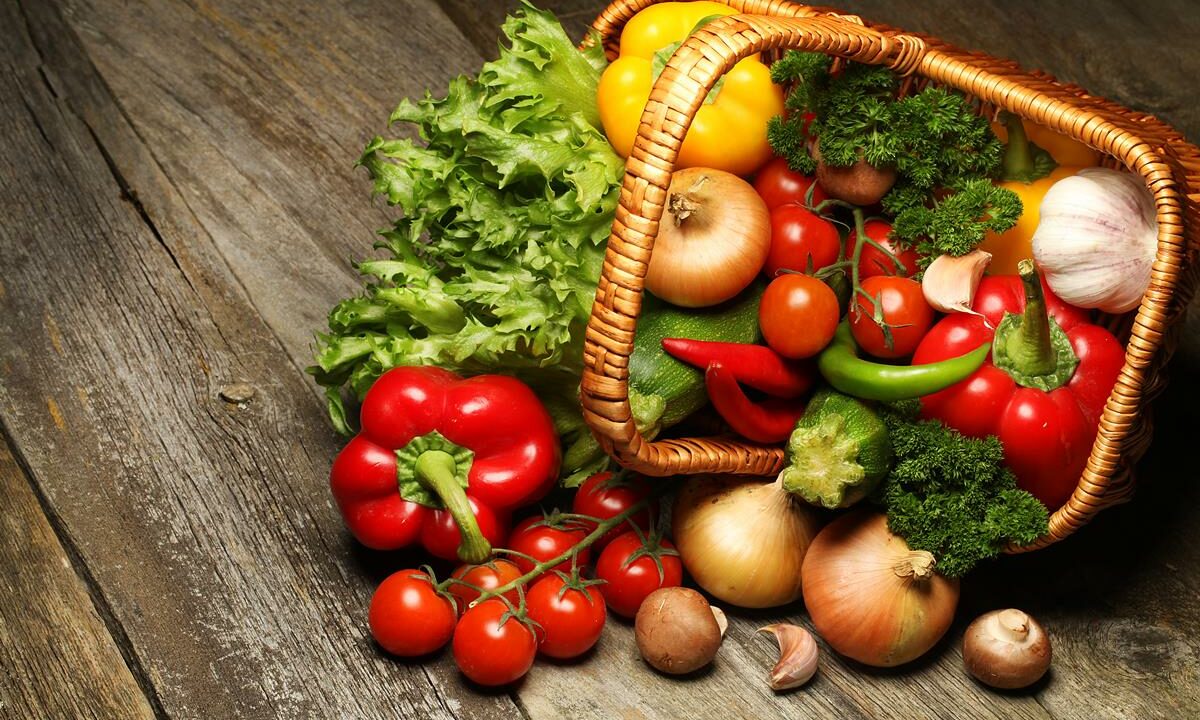Consumers are being called on to consider the food and drinks they buy this Christmas, warning that Brexit could pose a serious threat to indigenous Irish food businesses, by Love Irish Food and the Small Firms Association (SFA).
These businesses play a vital role in providing employment and supporting local economies, both organisations said.
They also anticipate a much greater presence of imported brands and private label food products as the currency value of Sterling continues to weaken in the lead up to Brexit.
Such a development, according to Love Irish Food and SFA, risks hampering local economies and could lead to potential job losses throughout the country in the food and drink manufacturing sector especially in the run up to Christmas.
Noting that scale and importance of the sector should not be underestimated, Love Irish Food and SFA said 230,000 jobs are linked to food and drink manufacturing in Ireland, 52,000 of which are direct jobs in the sector.
Both organisations also noted that the food and drinks manufacturing sector was a strong contributor to employment and household income in rural areas, with 78% being outside Dublin and regionally dispersed.
Kieran Rumley, Executive Director, Love Irish Food, said that it needs to be acknowledged how much richer our lives are for the great national and regional Irish made food and drink brands.
These locally made food and drinks brands are not only made for Irish tastes, but also support many more jobs in other localities as they continue to use locally sourced ingredients.
“It’s so important that people consider the food and drinks that they’re buying and that they support local Irish companies and jobs by buying Irish and looking for the Love Irish Food logo.”
Patricia Callan, Director, SFA, commented that the UK is the largest export market for the Irish food industry, with 41% of our food and drinks exports destined for our neighbouring country.
“The most immediate concern is the currency value – if Sterling settles around £0.90, this would translate to losses of over €700m in food exports and could cost 7,500 jobs.
“As consumers, we all have a role to play in avoiding the worst case scenario by making informed decisions about the products we pick, supporting local businesses wherever possible. This simple step is essential to ensuring that our local food companies survive and compete nationally and internationally.”
